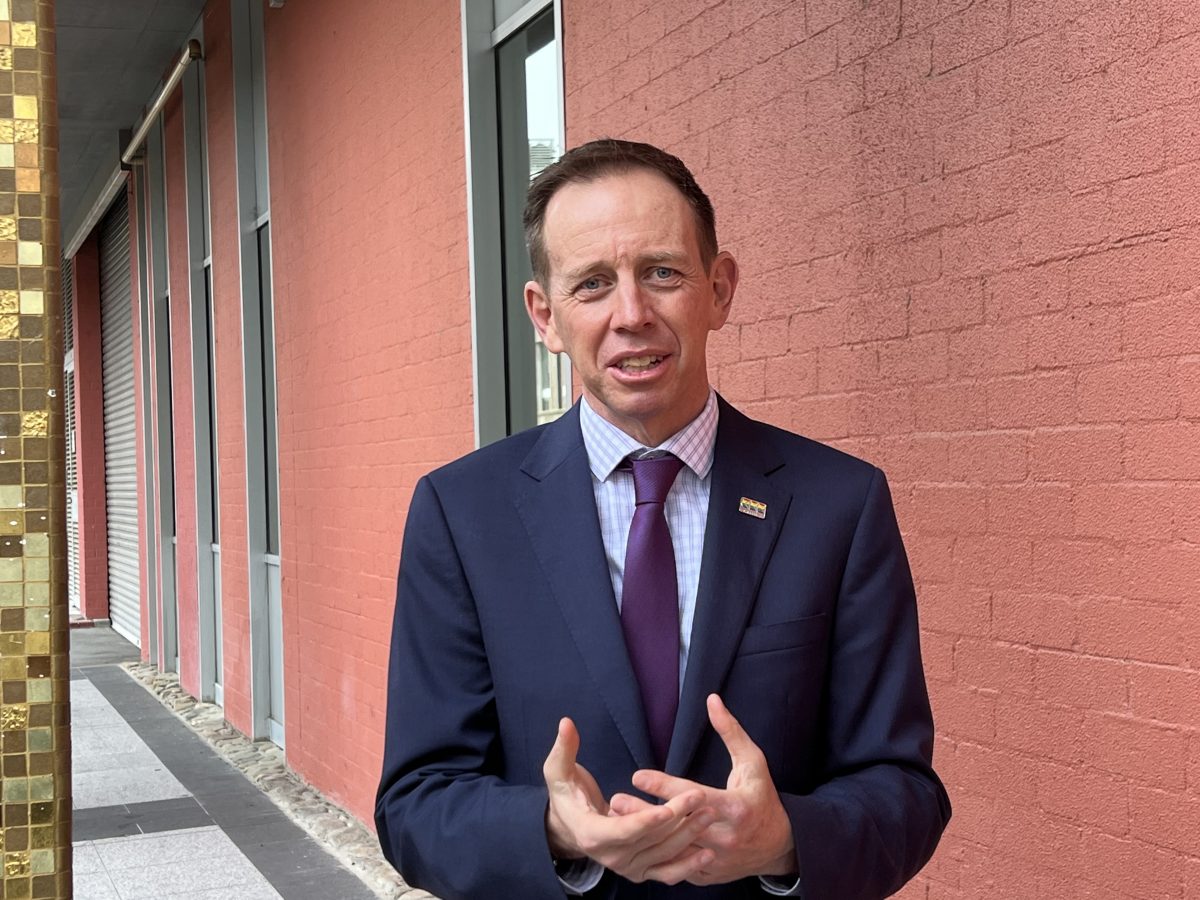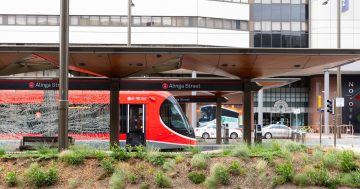
The ACT intends to wean itself off fossil-fuel gas by 2045, meaning this kind of hob will be a thing of the past. Photo: Bill Oxford.
The ACT Government has today detailed its long-anticipated staged approach to ridding itself of gas – excluding niche uses – by 2045.
The transition will begin next year with new connections being banned.
Fossil-fuel gas currently accounts for 20 per cent of the Territory’s emissions.
Chief Minister Andrew Barr acknowledged there would be costs associated with the transition, but it would be “gentle” and the government wanted to give the community certainty about the future.
“This is a long-term and gentle transition. We’re not switching off the gas network overnight. Like the transition from analogue to digital TV, or the phase-out of leaded petrol, this will be a staged and managed transition,” he said.
Similar language was used when the ACT announced its zero-emissions-vehicle strategy last month.
Previously, some had raised concerns about how a cold climate city like Canberra could survive without gas heating.
But Minister for Energy and Emissions Reduction Shane Rattenbury told the Assembly today that the new suburb of Ginninderry proved it was possible. Mr Rattenbury this morning introduced new legislation which would eventually allow the ACT Government to override national energy laws and prevent new gas connections.
That regulation is expected to come into force next year and Evoenergy is working with the government.
Last year, Evoenergy committed to no longer connecting new suburbs to gas infrastructure.
Previous variations to the Territory plan have rolled back the mandate to supply new suburbs with gas connections but the new legislation would ban them entirely.

Minister for Energy and Emissions Reduction Shane Rattenbury said it is possible to survive a Canberra winter without gas heating. Photo: Lottie Twyford.
The government has also noted the gas transition is effectively already underway, as consumers, driven by market forces and price increases, switch to electric appliances instead.
But that’s not the case for everyone. Some buildings and living situations, such as apartments and unit complexes, present more of an electrification challenge than others.
Many of these details will be worked out in the next 20 years, with the gas network expected to play a significant role for at least the next decade.
The ACT Government will also develop a more detailed Integrated Energy Plan in the coming years.
Next year, households will be encouraged to develop their own transition plan for their home and slowly replace gas appliances with electric ones as they come to the end of their lives.
Once all gas appliances are gone, the household will have to remove the remaining gas connections to the network.
This costs around $800.
This transition will ramp up between 2040 and 2045. But even at this stage, the government doesn’t envisage banning the sale of gas appliances entirely, instead hoping the transition will occur without needing a ‘stick’.
Modelling undertaken over the past two years on behalf of the government indicates gas use will continue to decline naturally and gas prices are expected to increase. At the same time, electricity demand is expected to grow.
The government has defended the electricity grid, saying it will be ready to manage the increased load thanks to a range of changes underway, including big community and household batteries, as well as the continued uptake of rooftop solar.
Before external factors, including the war in Ukraine, it was predicted the retail price of gas would increase by 19 per cent by 2029. That’s an annual increase of $220 for the average household.
Prices have likely increased even more due to geopolitical factors.
ACT gas consumption has been declining by an average of 2 per cent a year for the last 10 years. This is expected to be around 2.5 per cent a year going forwards.
Modelling conducted also envisaged a scenario where fossil-fuel gas was replaced by hydrogen or biogas. But this was found to be more expensive and less effective.
It’s anticipated these will play an important role in heavy industry.
The government has a range of supports available to ensure an equitable transition away from gas. Among these is the Sustainable Household Scheme which can be used to purchase new electric appliances.
Many are using that loan scheme to install rooftop solar.
Low-income households and renters will continue to be supported through other schemes. It’s hoped landlords will also replace their gas applications with new electric ones when they need replacing.
In its detailed policy statement, the government said it will work with industry to identify new opportunities for people working with gas, such as fitters. It will also investigate future uses for the Territory’s gas distribution network.
The commitment to be gas-free by 2045 – the same year as the zero-emissions target – was set out in the 2020 Labor-Greens Parliamentary and Governing Agreement.
An online hub called Powering Canberra has been designed for the community.
Original Article published by Lottie Twyford on Riotact.








